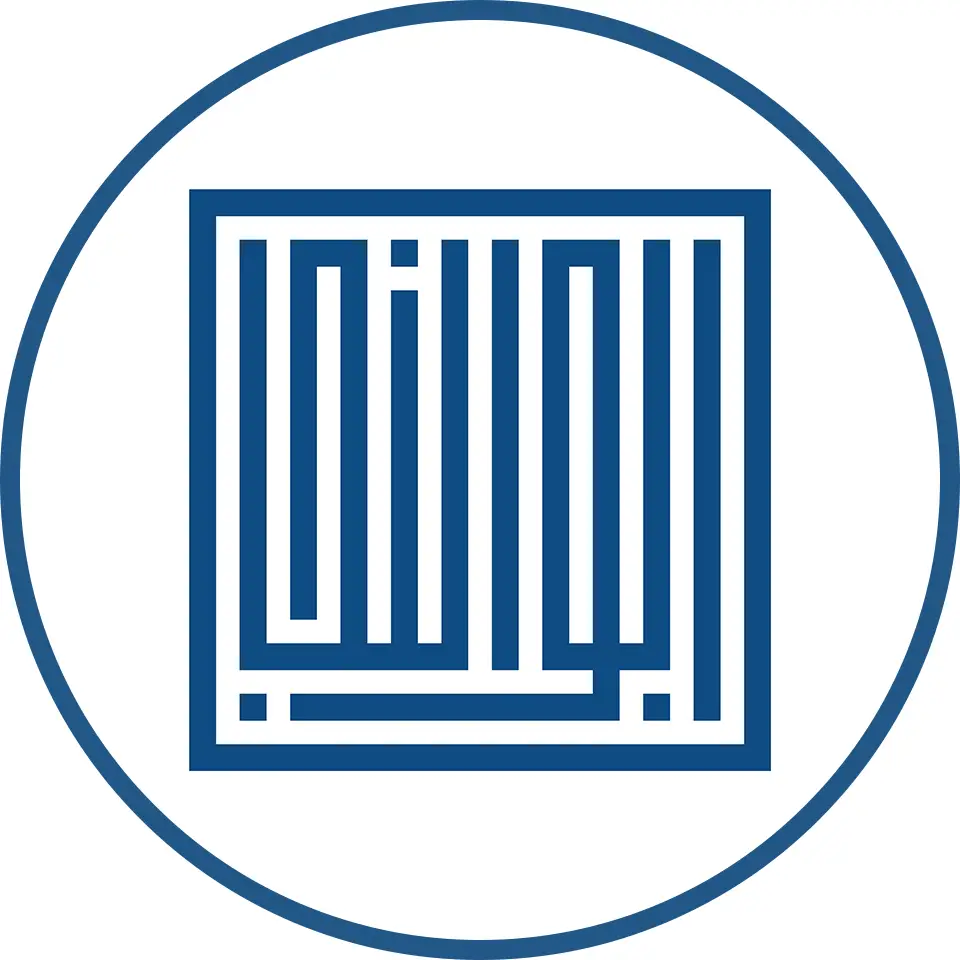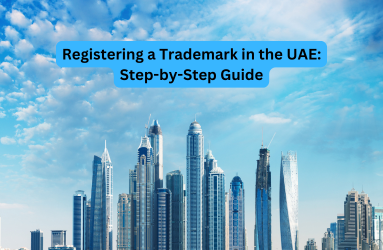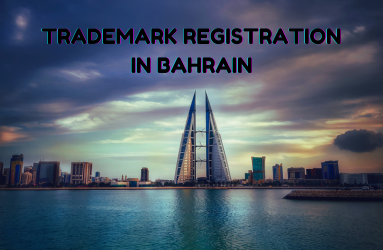Misuse of Intellectual Property by Large Companies

Table of Contents
International giants now face more competition year-on-year as startups bring their modern sensibilities to the table. Enhancing their sheer creative strength are significant shifts in consumer attitudes which favour smaller brands with more personality, so to speak. However, human touch, when considering a macroscale approach, is mostly what it is – a touchpoint. Survival takes more than that. Taking from the playbook of their global competition, younger companies started investing more resources in intellectual property protection. As a countermove, colossal brands resort to extraordinary legal measures, some bordering on the absurd yet nonetheless injurious. This article reviews several cases where larger entities weaponise their intellectual property rights, often to the detriment of smaller companies.
The law may be stated in varying rhymes, but it maintains a singular reason at all times. At its core, every expression of obligations and liberties is an iteration of a simple idea, “one’s rights end where the other’s rights begin.” However, it is also through the law’s ability to take on many interpretations that some huge companies anchor their otherwise nefarious legal actions.
Where Your Rights Begin
Before diving deep into the irrational ways some entities attack smaller companies, here’s a quick review of your intellectual property rights. Get to know your rights to understand how the giants might be doing you wrong:
- Trademark – is a type of intellectual property consisting of any element – visual, written, spoken, or any iteration of these – that separates a company’s product or services from their competition.
- Copyright – refers to the right of an author, producer, performer, or composer to exclusively furnish copies of their artistic or creative expressions.
- Patent – covers unique inventions and excludes any party outside the registered owner from making, using, or selling said innovation.
- Trade secret – confers rights to a company to exclusively use privileged knowledge, process, or information derived from or native to the company’s operation.
By inflating what they consider to be their rights, they effectively suffocate other businesses.
How Do Large Companies Misuse Their Intellectual Property?
Taking advantage of the law’s impartiality, some entities launch legal attacks to smaller companies under the guise of enforcing their rights. Although it is important to stress the legitimacy of some disputes—after all, every company must protect their intellectual property if they intend to last—we should keep an eye out for entities some may affectionately refer to as “trolls” or “bullies.”
The Case in Point
With utter disregard of other businesses’ rights, some companies resort to rather dirty tactics such as magnifying tangential, if not imaginary infringement cases. Joining the dishonourable ranks of these companies are equally despicable entities whose speciality is solely to profit from legal settlements. Without further ado, here are some real-world cases based on out-of-this-world intellectual property assertions:
Apple v. Prepear: Smart Strategy or Trademark Bully?
Shortly before the beginning of the fourth quarter, tech giant Apple lodged an opposition to a trademark registration filed by a startup only five-employee strong. Critics from all around the world promptly swarmed around the dispute, anticipating the imminent fall of food preparation app Prepear around the Apple tree.
The gaping difference between the two company’s spending capacity cannot be overstated. With this alone, the global audience has enough grounds to question the complaint. Apple’s claim that Prepear impinges on its expansion venture in the field of nutrition does not ease the public’s opinion either.
To the global community’s discerning eye, this is a clear example of trademark bullying, a practice defined by USPTO as the overreaching attempt of some mark owners to inflate the strength of their trademark.
Expert Insight: However, this is not to generalise the intentions of all intellectual property rights holders. Similar to most of the companies accused of deliberate infringement, some plaintiffs do not necessarily act in bad faith. There are also cases wherein the oppositions are legitimate defensive measures, or simply misinformed protection strategies. Therefore, it is crucial that every company is guided by specialised law firms to avoid falling prey to the bullies, or worse, being ostracised for unintentional bullying.
Genetec v. Patent trolls: Survival of the Fittest
Through the years, the industry has witnessed many creative ways malicious entities attempt to circumvent intellectual property laws to extort other companies, especially those in the tech industry. And with the explosion of mostly frivolous cases from non-practising entities (NPEs) against businesses, legal and business communities had to adapt their strategy to ensure their survival.
Knowing that tech companies are more susceptible to receiving patent assertion claims from NPEs, otherwise known as “patent trolling,” Genetec Inc maintained its firm stance against caving under the trolls’ pressure. Notwithstanding the relatively high cost of litigation compared to arranging settlements, the company asserts that placating demands from NPEs only serve to encourage future unfounded attacks.
Vox Media v. the Internet: Vexing Copyright Claims
Hell hath no fury like the public when their liberties are scorned. Even more, when threats specifically target the freedom of expression. Vox Media’s lawyers learned this the hard way after a public outrage ensued from their request to strike down two videos mocking their ironically erroneous how-to video.
While it is true that the two videos heavily lifted from Vox’s original content, the public outcry comes from very stable arguments. First and foremost, the YouTubers assert the fair use policy on this alleged copyright infringement. Secondly, legalities aside, the original video was downright inaccurate – as evidenced by the excruciating scrutiny of the reaction videos. Unsurprisingly, the tribal community, which is the internet, quickly assumed a defensive, albeit amusing, position.
Unable to endure just a few days of unrelenting internet burn, the company took down the video in question – taking with it a searing lesson to avoid reckless censorship on the grounds of copyright infringement.


Why Should This Concern My Company?
While well-known cases receive the benefit of public sympathy, smaller companies do not necessarily enjoy the same level of publicity. More often than not, giant brands and NPEs outspend the businesses with lesser disposable funds—leaving husks of fallen companies at their wake.
Threats against companies come from all fronts. Large corporations could attack in plain sight with their brute spending power. All the same, NPEs stealthily launch ludicrous yet costly legal attacks.
Where Their Rights End
Although sometimes laughable, the threats of using intellectual property rights for nefarious purposes should never be regarded as a joke. It presents real problems with dire consequences. If your company suffers from unjust pressures from these entities, chances are they are using their intellectual property against you. Their rights should end precisely when you feel they are overstepping yours.
Conclusion
We understand the immense financial pressure of being hounded by the trolls and bullies who misuse their intellectual property rights. Let us help you protect your business from the outset with our comprehensive intellectual property services. Our specialised firm is more than capable of absorbing the legal pressures for you. Get in touch with our team through [email protected] or give us a call for a complimentary consultation at +971 4 282 2677.
Frequently Asked Questions
How do some entities misuse their intellectual property?
Some companies over-inflate their rights, thereby suffocating smaller businesses with disproportionate spending capacity. These companies lodge legal disputes based on frivolous claims which financially impacts the targeted enterprises.
What is trademark bullying?
Trademark bullying is a nefarious practice of asserting trademark rights based on trivial grounds against much smaller companies with full knowledge of the opponent’s financial capabilities.
What are patent trolls?
Non-practising entities (NPEs), which are sometimes referred to as “patent trolls,” are holding groups which amass patents without the intention of applying said patents into technological use. These trolls collect legal rights for the sole purpose of profiting from financial settlements.
Why should this concern your company?
Every company, especially those working in close proximity to large industries or NPEs, are susceptible to intellectual property bullying. Whether out of bad faith or not, these legal disputes are costly for any company.






